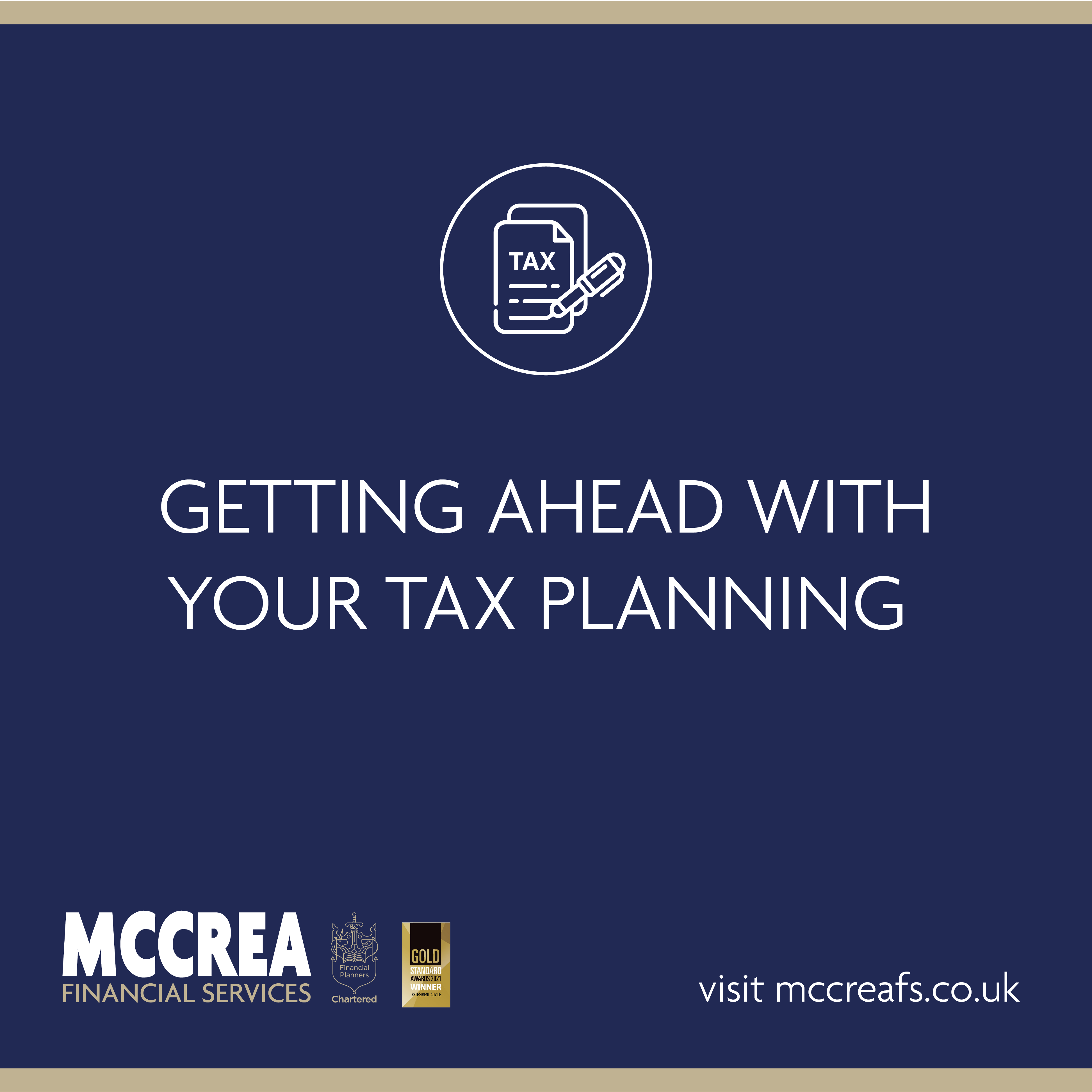Tax Planning - Getting Ahead Of The Next Tax Year End - Why It Helps To Start Planning Now
It's never too early to start planning for the next tax year. In fact, we highly recommend that you start planning now. You need to ensure you fully understand what you may or may not need to do when it comes to your tax matters.
As a starting point, this can include tasks as straightforward as checking your payslips to make sure everything is in order. More complex matters include considering aspects such as additional income you might receive from a second job or a property you rent out.

We’ve compiled a useful checklist for you to make sure you’re on the right financial track.
Do Your Tax Return
It goes without saying that you should be completing your tax return every year if you are required to do so. When your deadline is depends on a number of things, including how you intend to submit your return.
For the 21/22 tax year, you’ll need to submit your paper returns by midnight on 31 October 2022. If you’re submitting your return online, the deadline is midnight 31 January 2023. In both cases, the deadline to pay any taxes you owe is 31 January 2023.
Any payments on account for the 22/23 tax year will then need to be paid on 31 July 2023. More information on deadlines and who is required to submit a return can be found on the self-assessment section of the Government website.
We recommend getting it done and out of the way as early as possible after the start of the new tax year in early April. Make sure to take into account any recent changes to your situation.
The financial landscape has also changed in the last few years, with things like working from home and electric company vehicles requiring your consideration.
Become Tax Efficient
Being tax efficient means considering and planning many different taxes; income, corporation, capital gains and inheritance tax to name a few.
Inheritance Tax is a long-term issue which needs to be adequately planned for. There are steps you should take now, as well as in the future, to best address your tax liabilities if you are thinking about leaving anything to family or are likely to inherit.
The future financial health of you and your family depends on making the right decisions in the present moment.
Make The Most Of Your Allowances
One of the most tax efficient ways to save is through an ISA. This is because you don’t need to pay Income Tax or Capital Gains Tax (CGT) when you take money from your account. We recommend investing in an ISA sooner rather than later. It’s worth remembering that the sooner you contribute, the sooner it can start working for you.
The maximum ISA allowance for over 18s in the UK is £20,000 per tax year. You need to make sure you are getting the most of this allowance.
Pensions can offer significant tax relief on contributions which are of benefit to all, especially for taxpayers who can benefit from higher levels of tax relief. Most people are entitled to tax relief on pension contributions of up to £40,000 per tax year. Of course, there are factors to consider when contributing to your ISA or pension including the rate of return and when you can access your investments, both a key part of the tax planning and general financial planning jigsaw!
In summary, because there are many different methods to become more tax efficient. It’s crucial that you start planning ahead and thinking about both short and long-term goals. Please do get in touch here if you are unsure of the best way forward.
